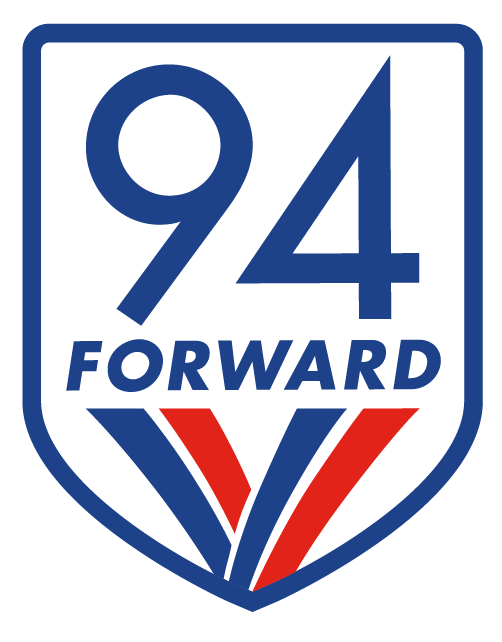Bruce Deacon didn't run into many runners in his age group when he ran his first marathon.
"Most people had a lot more common sense than I did," he says. "They avoided that."
He was 12.
His age and stature didn't stop him from completing the full 42.2 km, and it also didn't stop him from making a bold declaration to his family later that same day. "My parents tell the story of us going for a family brunch afterwards and me announcing that I'm going to run in the Olympic marathon." Not many kids come equipped with laser focus, but Deacon's drive to be an Olympic athlete came after watching the 1976 Summer Olympics in Montreal, and he knew the marathon was his way to get there. "I was convinced I didn't have the leg speed or size to do well at shorter distances," says Deacon from his home in Victoria. "I was shorter than many of the kids, not very athletic at all. For some reason I got it in my head that I wanted to be an athlete in a sport where I could beat the big kids, which at the time was just about everybody," he quips. "If you find me that sport I'm gonna work hard at it."
In the early 1990s, Bruce's training took off. While running with Kajaks Track and Field Club in Richmond, he won the California International Marathon in 1991 in a time of 2:15:16. He finished 9th at the 1994 Commonwealth Games in Victoria, and finished 11th a year later at the world championships in Gothenburg, Sweden.
The next year he made a childhood prophecy come true by qualifying for the 1996 Olympics in Atlanta, finishing 39th.
Not long after Atlanta, Bruce moved to Victoria to be part of the Centre for Sport Development. "I was the first athlete to relocate to be part of that initiative," he recalls. "There was little in place when we arrived, but we decided that we wanted to be here, and we've been here ever since."
His second Olympic experience came in 2000, finishing 44th in a gruelling course in Sydney. "Comparing both Olympics, I think in their own special way they were both equally frustrating," he chuckles.
Looking back, now as a coach, he sees what he would have done differently. "I was a little insecure, as most athletes are. Training too hard at the wrong time and not doing the right stuff when I needed to. I think I learned a lot that now benefits my athletes. I just wish I'd learned it earlier on so it would have benefited my career."
In the years following Sydney, Bruce ran some of the best races of his career. He won his 3rd California International Marathon in 2001, then ran a career-best 2:13:18 at the same race the next year, finishing 4th. In 2003 he captured a silver medal for Canada at the 2003 Pan-Am games.
Now a coach, Bruce Deacon is proud to be in the first wave of elite athletes to move to Victoria to train at a national training centre, and while the supports weren't in place then, he says they are now. "In terms of the community, I'm so glad we stuck it out. I'm happy with the way support has improved for athletes in this town over time. That's where it should be."
Aside from wishing he'd had the same shoes then as runners wear now, there are few regrets for a life spent in sport. "I saw a lot of places in the world and met a lot of friends that I have to this day," he says.
Bruce Deacon is currently the only three-time winner of the California International Marathon and is a past winner of the New York City Marathon and second place finisher at the Boston Marathon in the Masters Divisions.
